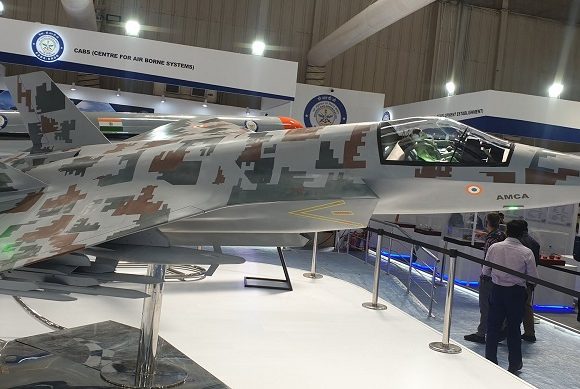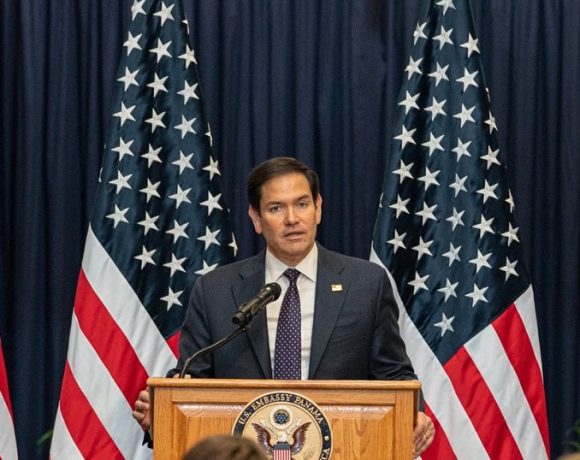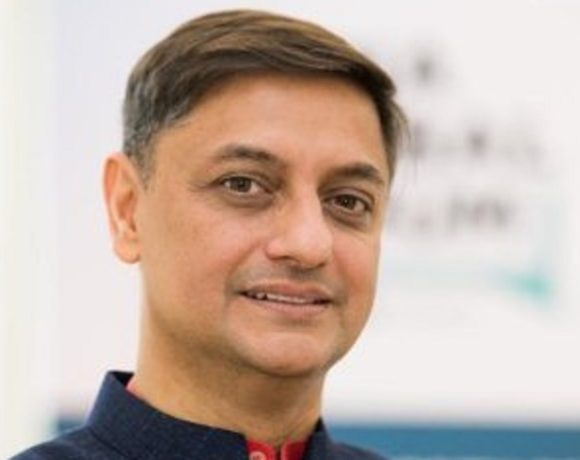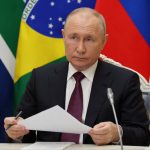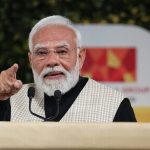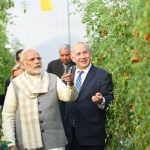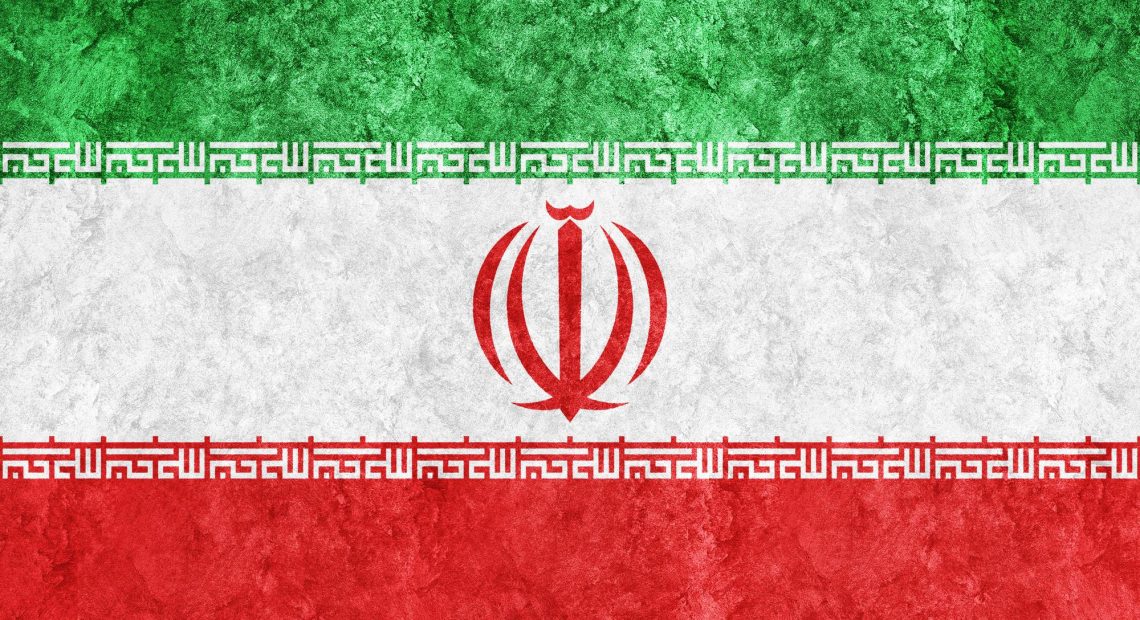
Iran Offers Mediation as India-Pakistan Tensions Rise Post-Pahalgam Attack
In the aftermath of the deadly terrorist attack in Pahalgam, Jammu and Kashmir, which claimed 26 civilian lives, Iran has offered to mediate between India and Pakistan. Describing both nations as “brotherly neighbours,” Tehran expressed its readiness to facilitate dialogue and promote peace in the region.
Iranian Foreign Minister Seyed Abbas Araghchi emphasized the deep cultural and historical ties shared among Iran, India, and Pakistan. Citing the 13th-century Persian poet Saadi, Araghchi called for compassion and understanding, urging the two nations to resolve differences through dialogue rather than conflict.
The mediation offer from Iran marks one of the first international initiatives aimed at easing the sharp escalation of tensions following the Pahalgam incident.
Saudi Arabia Calls for Restraint and De-escalation
Alongside Iran’s diplomatic gesture, Saudi Arabia has engaged both India and Pakistan in separate discussions aimed at preventing further escalation. Saudi Foreign Minister Prince Faisal bin Farhan Al Saud held conversations with Indian External Affairs Minister S. Jaishankar and Pakistani Foreign Minister Mohammad Ishaq Dar.
During the talks, Saudi Arabia stressed the importance of restraint, dialogue, and de-escalation to maintain regional stability. The Saudi government conveyed its concern about the deteriorating situation and urged both sides to prioritize peace over confrontation.
These diplomatic efforts underline growing international anxiety about the potential for the conflict to spiral further.
Rising Measures Heighten Diplomatic Crisis
Following the Pahalgam attack, India has implemented a series of stern measures against Pakistan, including the suspension of the Indus Waters Treaty, halting cross-border trade at Attari, downgrading diplomatic relations, and revoking visas issued to Pakistani nationals.
In retaliation, Pakistan closed its airspace to Indian carriers, suspended trade ties, and declared the Simla Agreement as suspended.
The United Nations has called for “maximum restraint” to prevent a larger conflict, while international players like Iran and Saudi Arabia seek to mediate and cool down the rising tensions. As the situation remains precarious, diplomatic channels are being tested in efforts to restore stability in South Asia.


